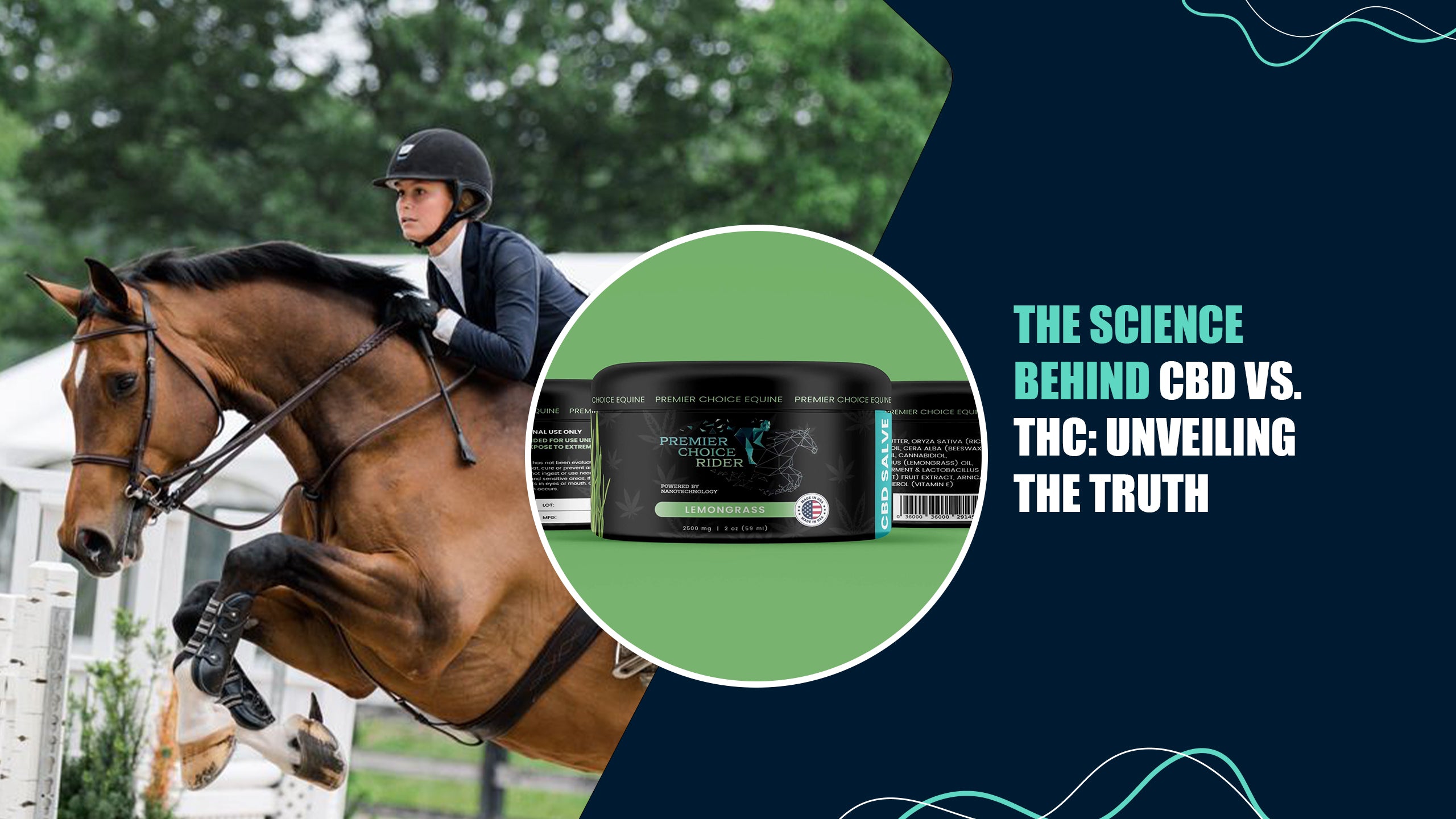
CBD and THC, both derived from the cannabis plant, stand as emblematic compounds, each with its distinct attributes shaping the discourse on cannabis-based therapies.
CBD, or cannabidiol, is celebrated for its non-psychoactive nature, offering potential therapeutic benefits without the euphoric "high" associated with its counterpart, THC (tetrahydrocannabinol).
In this blog, we will delve into the intricate science behind these compounds, unraveling the molecular nuances that dictate their effects on the human body. From their diverse medical applications to potential side effects, legal considerations, and the ongoing debate surrounding their use, our exploration aims to shed light on the divergent paths CBD products and THC take within the realm of cannabis, providing a comprehensive understanding for those seeking clarity in this evolving landscape.
What is CBD and what is THC?
CBD, or cannabidiol, is a non-psychoactive compound derived from the cannabis plant, renowned for its potential therapeutic benefits. Its popularity has surged in recent years due to its diverse applications. In contrast, THC, or delta-9-tetrahydrocannabinol, stands as the principal psychoactive element in cannabis, responsible for the euphoric "high" often linked to marijuana consumption.
While CBD offers medicinal promise without inducing intoxication, THC, with its psychoactive nature, contributes to the recreational aspects of cannabis use. Together, they define the contrasting roles of these compounds, shaping discussions in both the medical and recreational spheres of cannabis exploration.
Differences between CBD and THC
One of the key differences between CBD and THC lies in their psychoactive properties. CBD does not produce any intoxicating effects, meaning it does not alter one's state of mind. THC, on the other hand, binds to specific receptors in the brain, resulting in the euphoric and mind-altering effects commonly associated with marijuana use.
Another important distinction between CBD and THC is their legal status. While CBD derived from hemp with less than 0.3% THC is legal federally in the United States, THC remains classified as a Schedule I controlled substance. This legal difference has significant implications for the production, sale, and use of CBD and THC products.
The Science Behind CBD's Medical Benefits
CBD has been studied for its potential therapeutic effects on various conditions, including epilepsy, chronic pain, anxiety, and inflammation. The scientific community is still exploring the mechanisms behind CBD's medical benefits, but it is believed to interact with the body's endocannabinoid system, which plays a crucial role in regulating various bodily functions.
Studies have shown that CBD may have anti-inflammatory and analgesic properties, making it a promising option for managing chronic pain. Additionally, it has been found to have anti-anxiety effects, potentially helping individuals with anxiety disorders.
Furthermore, CBD has shown promise in reducing seizures in individuals with certain forms of epilepsy, leading to the approval of the first CBD-based medication by the FDA.
Exploring CBD Products - Oils, Edibles, Topicals
Since CBD comes in a variety of forms, people may select the dosage technique that best fits their needs. CBD oils are one of the most popular options, as they can be easily administered sublingually or mixed with food or beverages. CBD may be discreetly and conveniently consumed through edibles like chocolates or gummies. Additionally, CBD topicals, such as creams or balms, can be applied directly to the skin for localized relief.
When choosing a CBD product, it is important to consider factors such as the concentration of CBD, the extraction method used, and the overall quality and reputation of the brand. It is advisable to consult with a healthcare professional to determine the most suitable form and dosage of CBD for individual needs.
Understanding the Potential Side Effects of CBD and THC
Although CBD is typically well accepted, some people may have some negative effects. These side effects may include drowsiness, dry mouth, changes in appetite, and diarrhea. It's crucial to remember that these adverse effects are usually minor and transient.
THC, on the other hand, can produce more pronounced side effects, especially when consumed in high doses. These side effects may include impaired memory and cognitive function, increased heart rate, anxiety, and paranoia. It is crucial to use THC-containing products responsibly and in accordance with legal regulations.
Legal Considerations and Regulations for CBD and THC
The legal landscape surrounding CBD and THC is complex and varies from country to country and even within different states or regions. In some places, CBD may be legal for medicinal or recreational use, while THC may be heavily restricted or illegal. It is essential to familiarize oneself with the specific regulations and laws in the jurisdiction where CBD or THC products are being considered for use.
The Ongoing Debate: CBD vs. THC for Medical Use
The debate surrounding the medical use of CBD and THC is ongoing and often polarizing. Advocates for CBD argue that its non-psychoactive nature and potential therapeutic benefits make it a safer and more accessible option for a wide range of individuals.
On the other side of the argument, proponents of THC believe that its psychoactive properties can provide unique benefits for certain medical conditions, such as nausea and appetite stimulation in cancer patients undergoing chemotherapy.
Research and Studies on CBD and THC
The scientific community has shown increasing interest in studying the potential benefits and risks associated with CBD and THC. Numerous preclinical and clinical studies have been conducted to explore their effects on various health conditions. While more research is needed to fully understand the therapeutic potential of CBD and THC, the existing evidence suggests promising results in certain areas.
Conclusion
In summary, the cannabis plant contains two unique chemicals, THC and CBD, each with unique characteristics and effects. CBD products have gained popularity for their potential therapeutic benefits, including pain relief, anxiety reduction, and seizure management. THC, on the other hand, is known for its psychoactive properties and may offer unique benefits for certain medical conditions.
As the science behind CBD and THC continues to evolve, it is essential to stay informed and make educated decisions when considering their use. Consulting with healthcare professionals and adhering to legal regulations are crucial steps in ensuring the safe and responsible use of CBD and THC products.
Remember, when considering CBD or THC for medical purposes, always consult with a healthcare professional for personalized advice and guidance.
